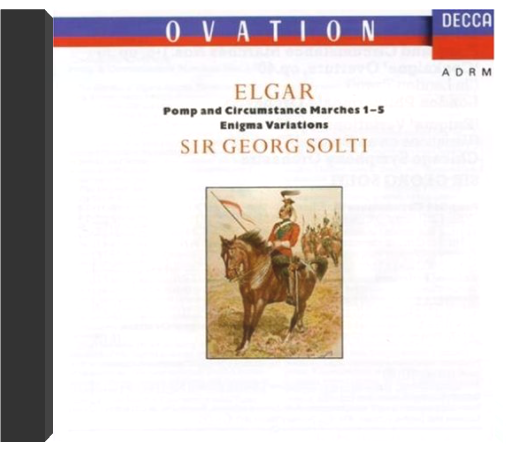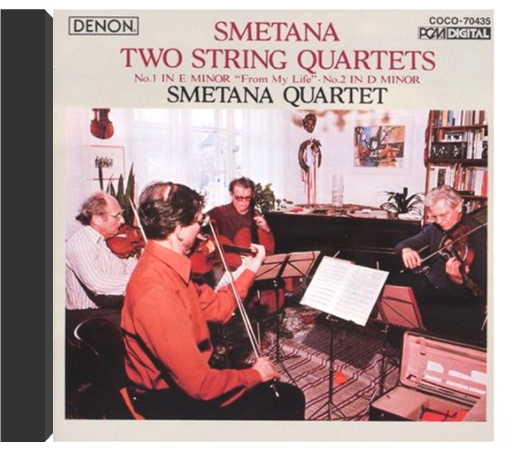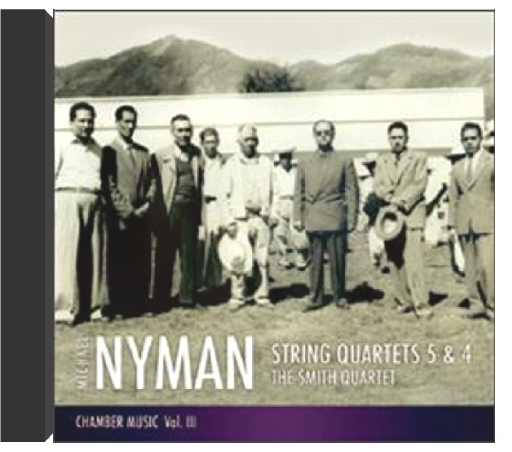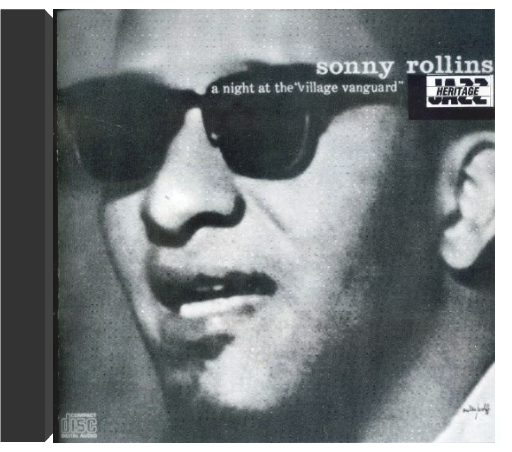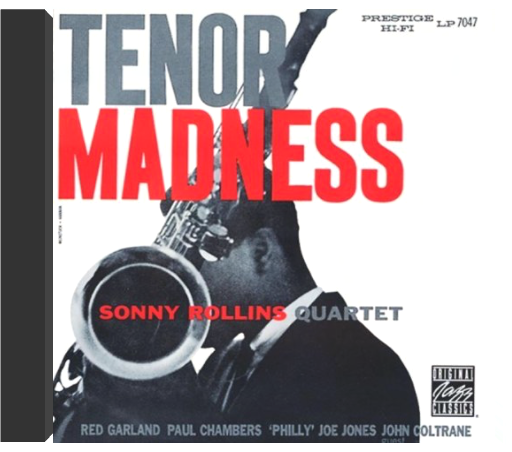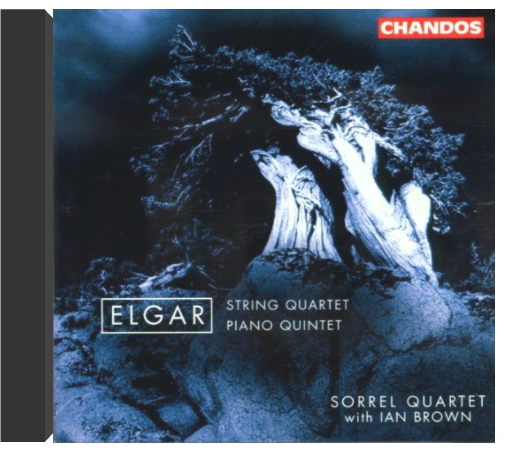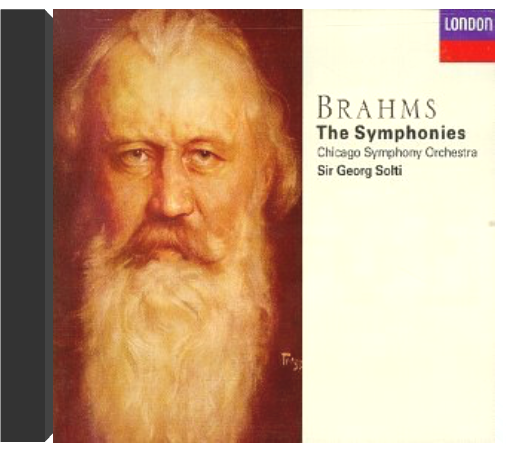 Johannes Brahms: The SymphoniesSir Georg Solti Johannes Brahms: The SymphoniesSir Georg Solti No Description Available. 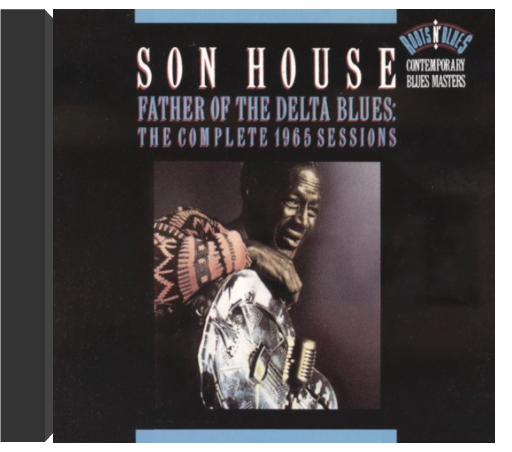 Father Of The Delta Blues: The Complete 1965 SessionsSon House Father Of The Delta Blues: The Complete 1965 SessionsSon House According to legend, it was Son House's blistering bottleneck guitar that prompted Robert Johnson to pick up a six string. House's potent early recordings from 1930 and 1941 to 1942 showcased his raw, emotionally powerful style, but never received the acclaim of Johnson's. When he was rediscovered during the '60s blues revivalist movement, House's voice still possessed wall-shaking intensity and his idiosyncratic slide guitar still had bite. These 21 recordings (including five alternate takes) offer superior fidelity and significant room for House to stretch out. The first disc features his classic "Preachin' Blues," a stirring a capella "Grinning in Your Face," and a nine-minute "Levee Camp Moan," with Canned Heat's Al Wilson on harp. Disc two (outtakes and alternates) includes an odd homage to President Kennedy and a riveting version of the spiritual "Motherless Children." —Marc Greilsamer 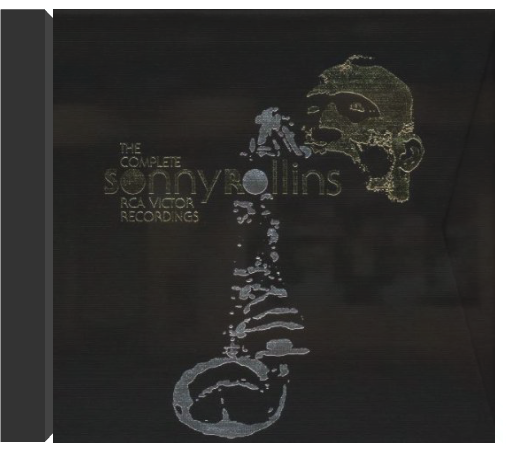 Complete RCA Victor RecordingsSonny Rollins Complete RCA Victor RecordingsSonny Rollins Sonny Rollins emerged from a three-year retirement in 1961 and soon signed with RCA Victor, remaining with the label until 1964. It was one of his most creative periods, and if the music is sometimes less focused than in the period from 1956 to 1959, these were years of musical adventure and whimsical exploration when Rollins seemed to challenge the limits of his own mastery. That sense of ferment is apparent in the sudden shifts in group architecture. The first recordings here have Rollins leading a quartet with the guitarist Jim Hall, a group of stunning empathy in which the understated Hall sounds like Rollins's perfect foil, deftly matching his lyricism and his rhythmic invention. The most startling music, though, comes from the live recordings with a quartet that included former Ornette Coleman sidemen Don Cherry and Billy Higgins. Together they shatter two of Rollins's best-known tunes, "Oleo" and "Doxy," into a thousand pieces, reassembling and reinventing them in extended group improvisations that represent a stunning rapprochement between hard-bop swing and free-jazz dialogue. It's some of the greatest music in the Rollins canon and a neglected landmark of early free jazz. His quixotic side may be most evident in a session with Coleman Hawkins joining Rollins's quartet (with pianist Paul Bley) in one of jazz history's strangest intergenerational meetings. Both camaraderie and competition seem to arise, with Rollins at times plumbing the tenor's oddest sonorities. The later sessions have Rollins returning to something like his classic mold, using relatively conventional rhythm sections, including the young Herbie Hancock, as a springboard for solos of majestic power. —Stuart Broomer 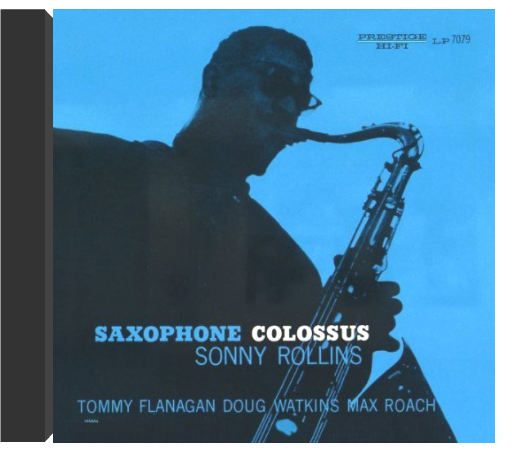 Saxophone ColossusSonny Rollins Saxophone ColossusSonny Rollins 1996 Jazz Heritage release of the remastered 1956 original recording. 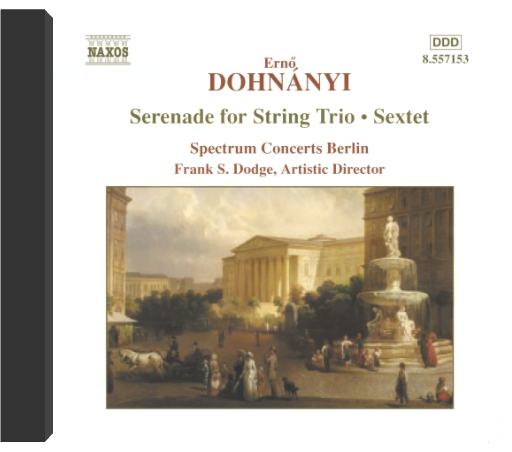 Serenade for String Trio - SextetSpectrum Concerts Berlin Serenade for String Trio - SextetSpectrum Concerts Berlin Brilliant pianist, outstanding conductor and distinguished teacher, Ernő DohnAnyi' opus numbers no more than 48 compositions and he is mostly remembered for the charming Variations on a Nursery Song, part of the standard orchestral repertoire. He did 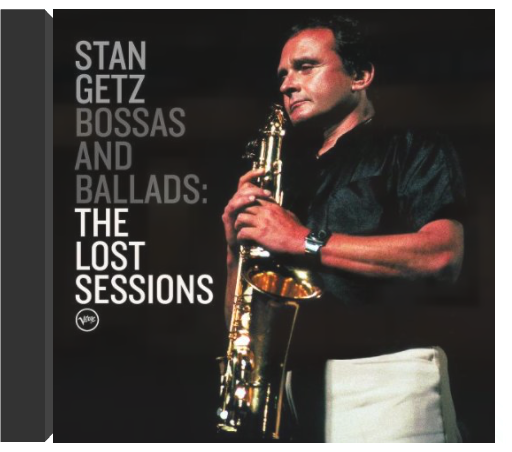 Bossas & Ballads: The Lost SessionsStan Getz Bossas & Ballads: The Lost SessionsStan Getz There has been no lack of previously unissued material by the late Stan Getz coming out on CD, but the opportunity to get a further taste of the great tenor saxophonist's exceptional final period is not to be passed on. Recorded two months before his death in 1989 (and two years after the brilliant club dates documented on Anniversary and Serenity), Bossas and Ballads finds him in top form, continuing his memorable association with pianist Kenny Barron. Produced for A&M by Herb Alpert, but shelved in favor of the synthesizered Apasionado, this is vintage Getz: cool and relaxed but possessed of a sneaky explosive power. The man's lyricism could be devastating, and knowing he would be soon gone adds to the potency of his expression on songs such as "Sunshower" (one of five tunes by Barron), Mal Waldron's "Soul Eyes" and Sam Rivers' "Beatrice." A quarter century after spearheading the bossa nova movement in America, he brings a bit less lilt to the form, but more body, never resting on his inventions. —Lloyd Sachs |
 Made with Delicious Library
Made with Delicious Library
